Rats save lives in landmine-infested areas
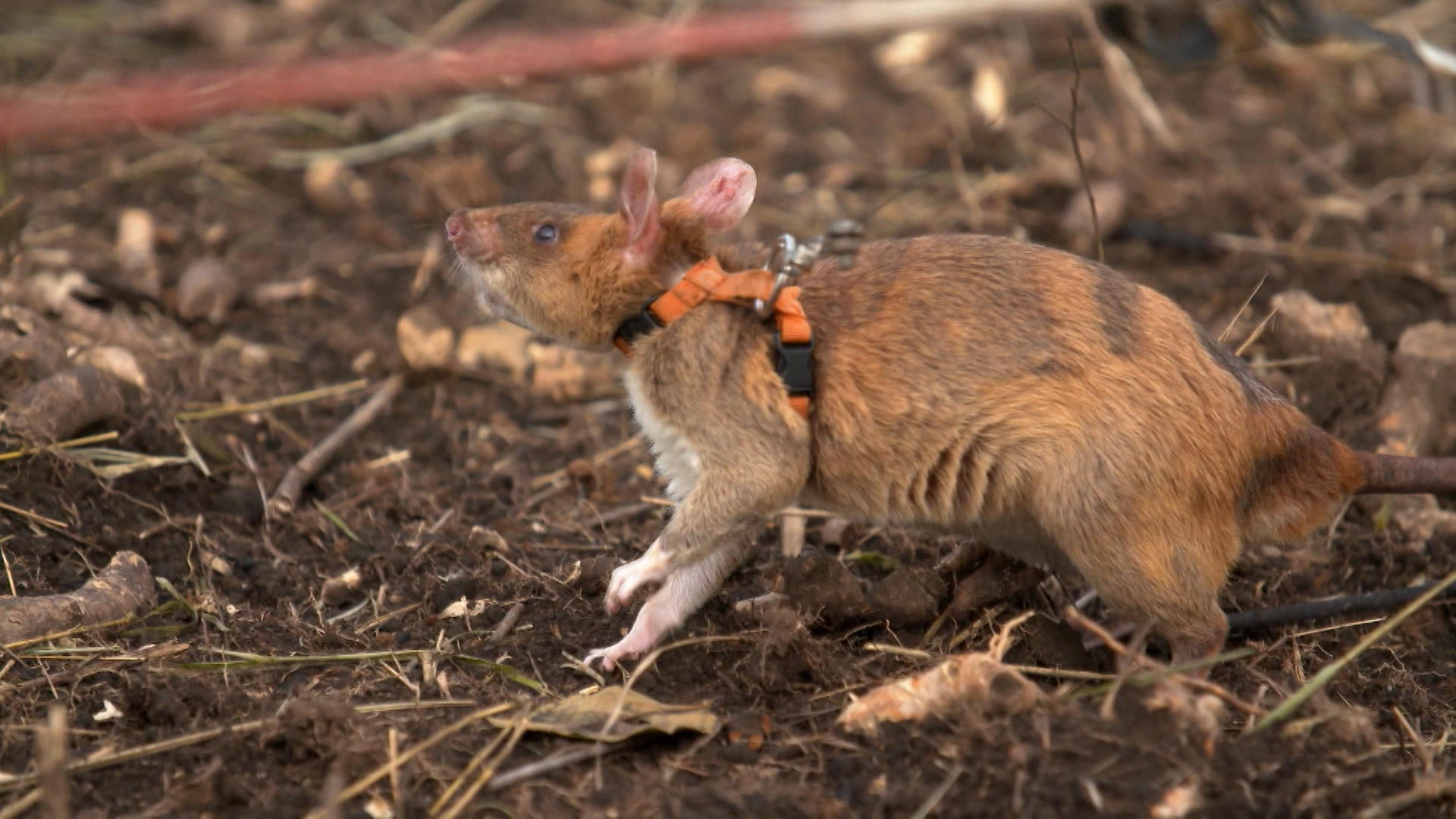
Rats often get a bad rap, but they are clever, usually trainable, and have an acute sense of smell that is used to sniff out both landmines and detect the presence of the deadly disease, tuberculosis. In other words, rats save many lives.
The APOPO External linknon-governmental organisation, with its foundation in Geneva, receives about a third of its CHF4.5 million ($4.48 million) annual budget from Swiss donors and organisations. The NGO was set up by Belgian scientist, Bart Weetjens who, in 1995, came up with the idea of training rats to detect landmines and to screen for tuberculosis.
According to figures from November 2018, 56 states and four other areas still have a problem with antipersonnel mines on their land. APOPO currently runs demining projects in Cambodia and Angola and is negotiating new contracts in Colombia and Zimbabwe. The NGO helped Mozambique to become mine free in 2015.
Trained to smell
At the NGO’s specialist training centre in Tanzania African giant pouched rats are taught to sniff out the 20 different compounds that are used in landmines. The training takes about nine months and costs more than CHF5,000 per rat. The rodents are however cheap to feed, breed and transport.
There are other ways to detect landmines – for instance humans with metal detectors and prodders, trained detection dogs and mechanical vehicles. Beagles may be quicker than rats in open spaces, but Yves Hervieu-Causse, president of the APOPO Foundation in Geneva, says rats are more efficient in bushland and are slightly easier to train than dogs.
Sniff and scratch method
The gigantic rodents wear tiny harnesses, and sweep back and forth on ropes, stopping every so often to point out a landmine by scratching the earth. As they weigh so little, they do not detonate the mines. Swiss Public Television, SRF, filmed the rodents at work in Cambodia, one of the most heavily minedExternal link areas in the world, the legacy of three decades of war.
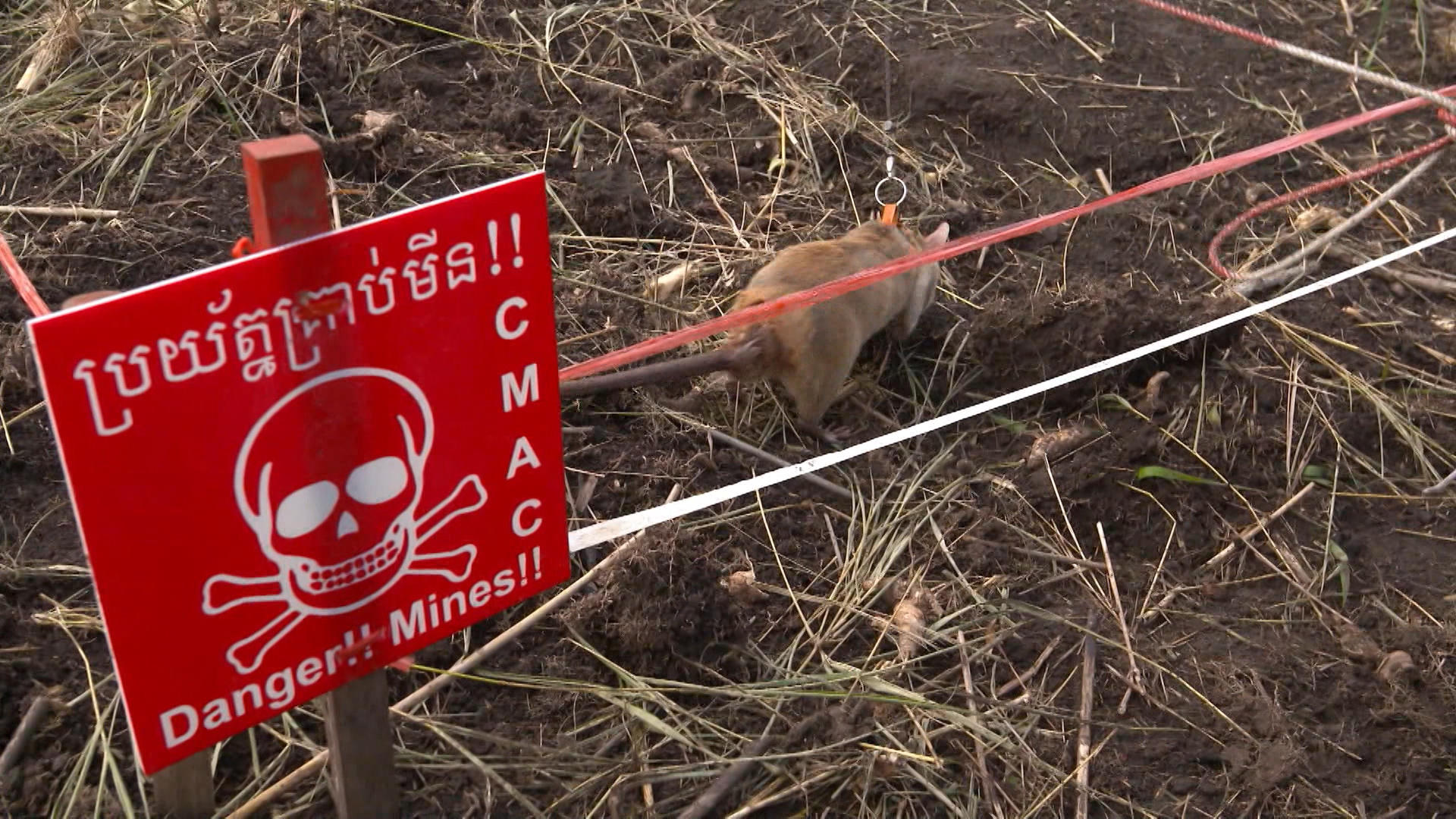
More
Rodents sniff out landmines
Multi-purpose rats
APOPO’s detection rats, nicknamed ‘HeroRATs’External link, are also taught to detect patients with tuberculosis by smelling human saliva. While a scientist may take a day to diagnose the disease, rats take seven minutes. Any suspect samples are then confirmed in tests endorsed by the World Health Organisation.
Despite the advantages of using rats for humanitarian purposes, Hervieu-Causse says it is difficult to overcome prejudices towards the animals. It took six months to convince the Cambodian authorities to deploy rats for demining as there were fears that the animals would transmit diseases.

In compliance with the JTI standards
More: SWI swissinfo.ch certified by the Journalism Trust Initiative











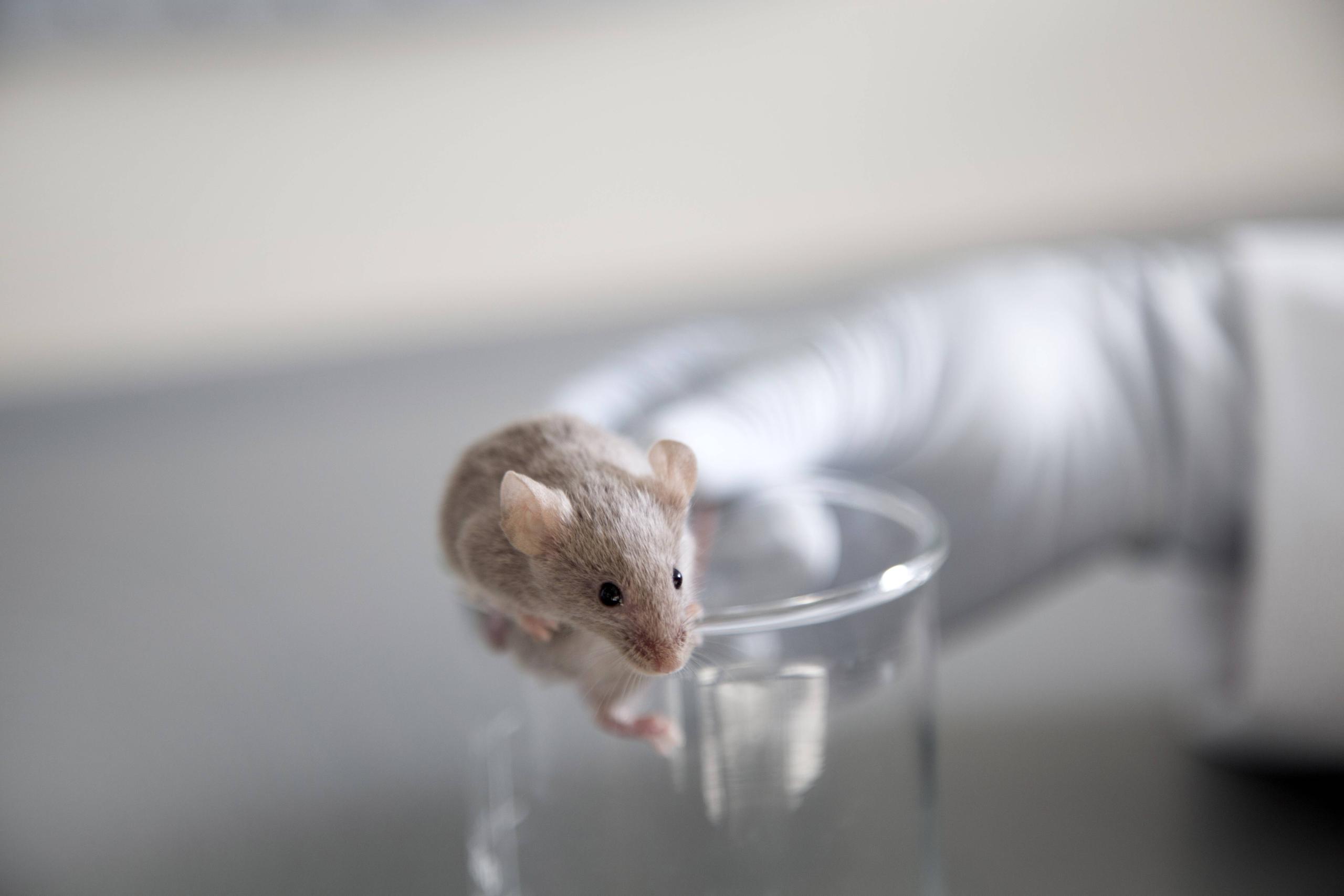

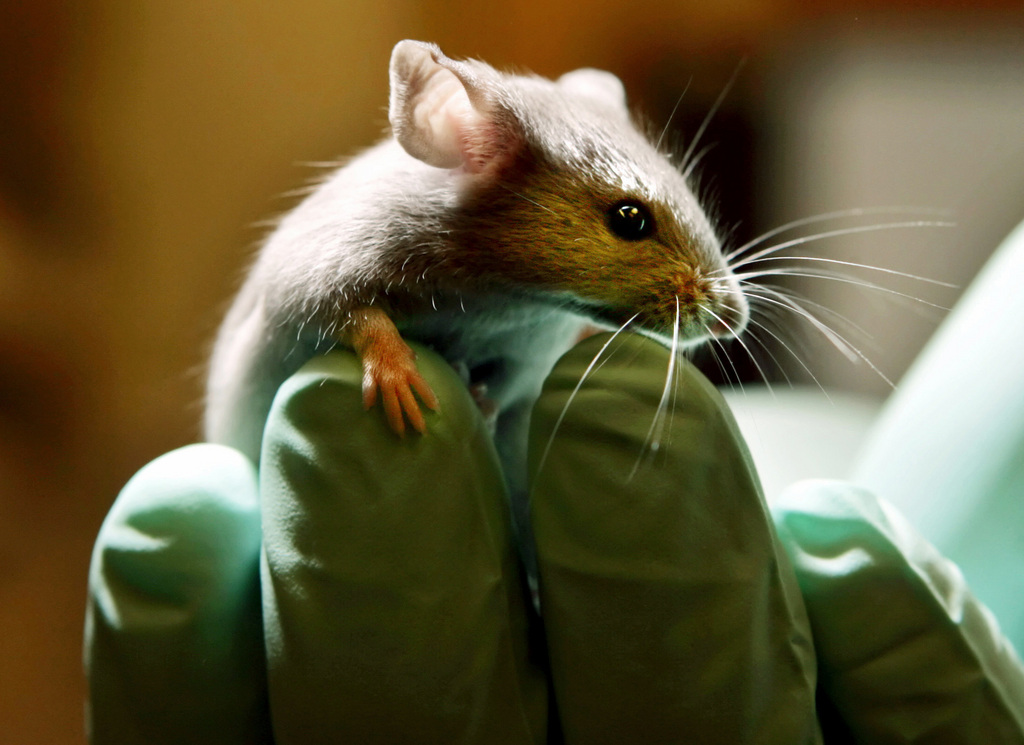
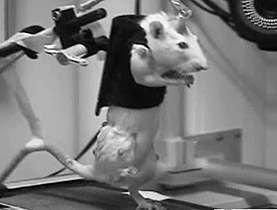
You can find an overview of ongoing debates with our journalists here . Please join us!
If you want to start a conversation about a topic raised in this article or want to report factual errors, email us at english@swissinfo.ch.